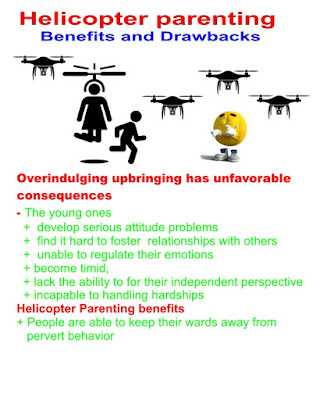In many countries the proportion of older people is steadily increasing. Some think this is good, while others believe this is a problem for a country. Discuss both views and give your own opinion.
In recent times, there has been a steady growth in the population of senior citizens in umpteen regions around the world. Some believe it to be favorable, whereas others consider this as a serious issue. My opinion aligns with the latter view, and it shall be highlighted in the following paragraphs.
It is commonly believed that, an demographic composition leaning in the favor of those in their autumn years, is a sign of a developed nation along with numerous other benefits like reduced stress on natural resources, and a more sustainable society. The elderly tend to consume lesser than their younger counterparts through shopping, fuel and other undertakings, mitigating exploitation of the natural resources. Futhermore, this can also help in alleviating pollution levels, by virtue of those in their golden years driving less; and shopping mindlessly, thereby minimizing emissions and social wastage, something the young generation is quite akin to.
However, there are those believing this phenomenon is detrimental to the growth of the economy, inturn, affecting the future prospects of the societis facing this issue. A case in point being, as the population grows older the amount of public spending on health care and social security increase significantly, leading to reduced spending on more important aspects like education. To illustrate, as per the latest data UK spends four percent of its GDP on social security benefits to the elderly which is amongst the highest in comparison to other countries.
In conclusion, from the above discussion it can been inferred that although there are various positives of having a growing number of elderly in the population but the the negatives outweigh the advantages significantly.






